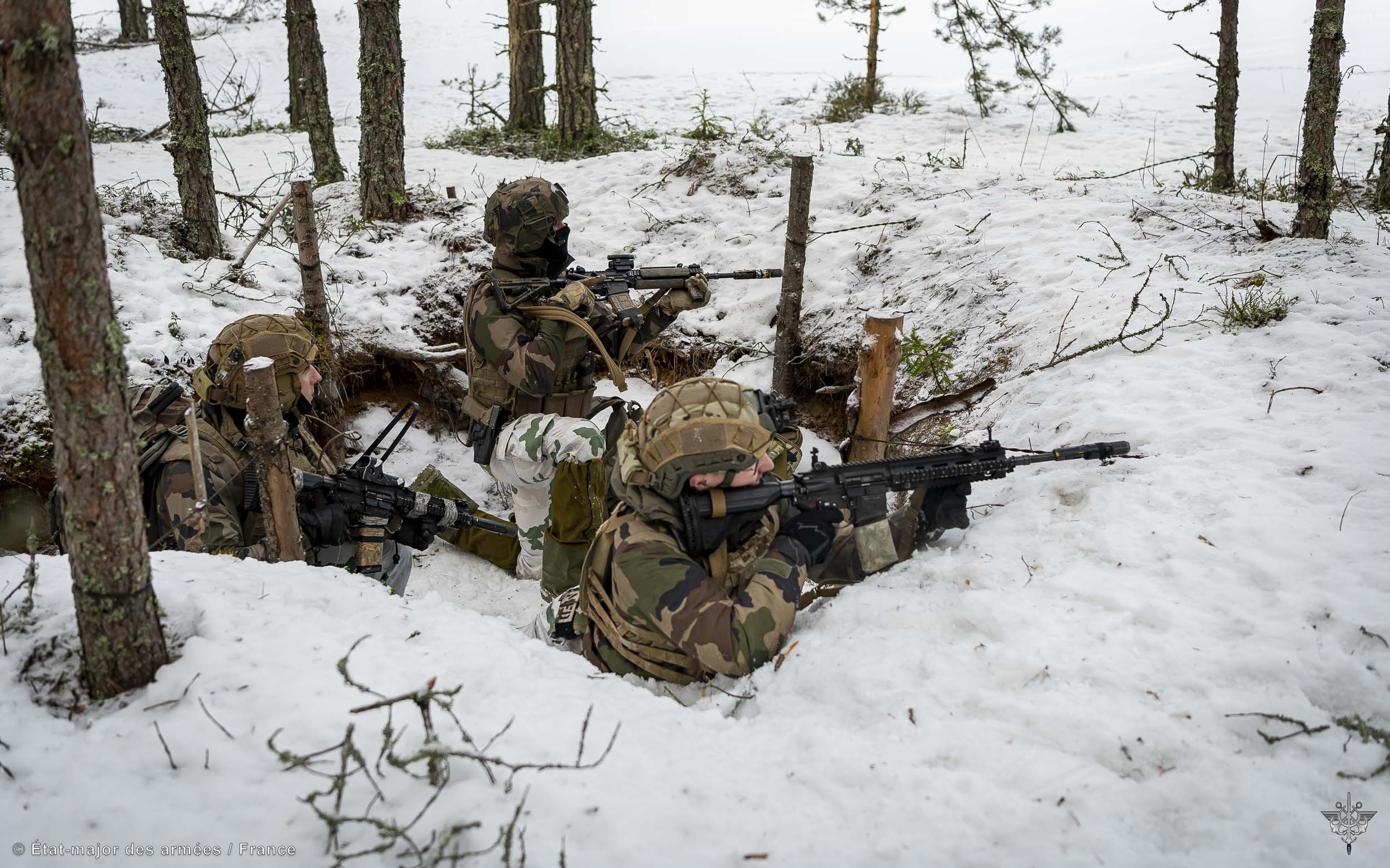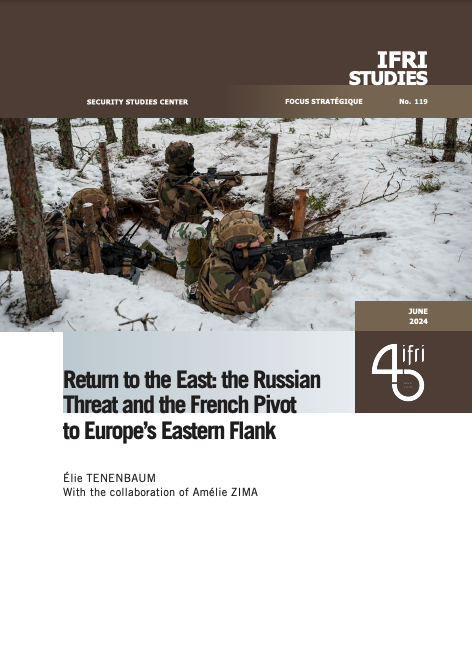Security Studies Center
Heir to a tradition dating back to the founding of Ifri, the Security Studies Center provides public and private decision-makers as well as the general public with the keys to understanding power relations and contemporary modes of conflict as well as those to come. Through its positioning at the juncture of politics and operations, the credibility of its civil-military team and the wide distribution of its publications in French and English, the Center for Security Studies constitutes in the French landscape of think tanks a unique center of research and influence on the national and international defense debate.
Read more

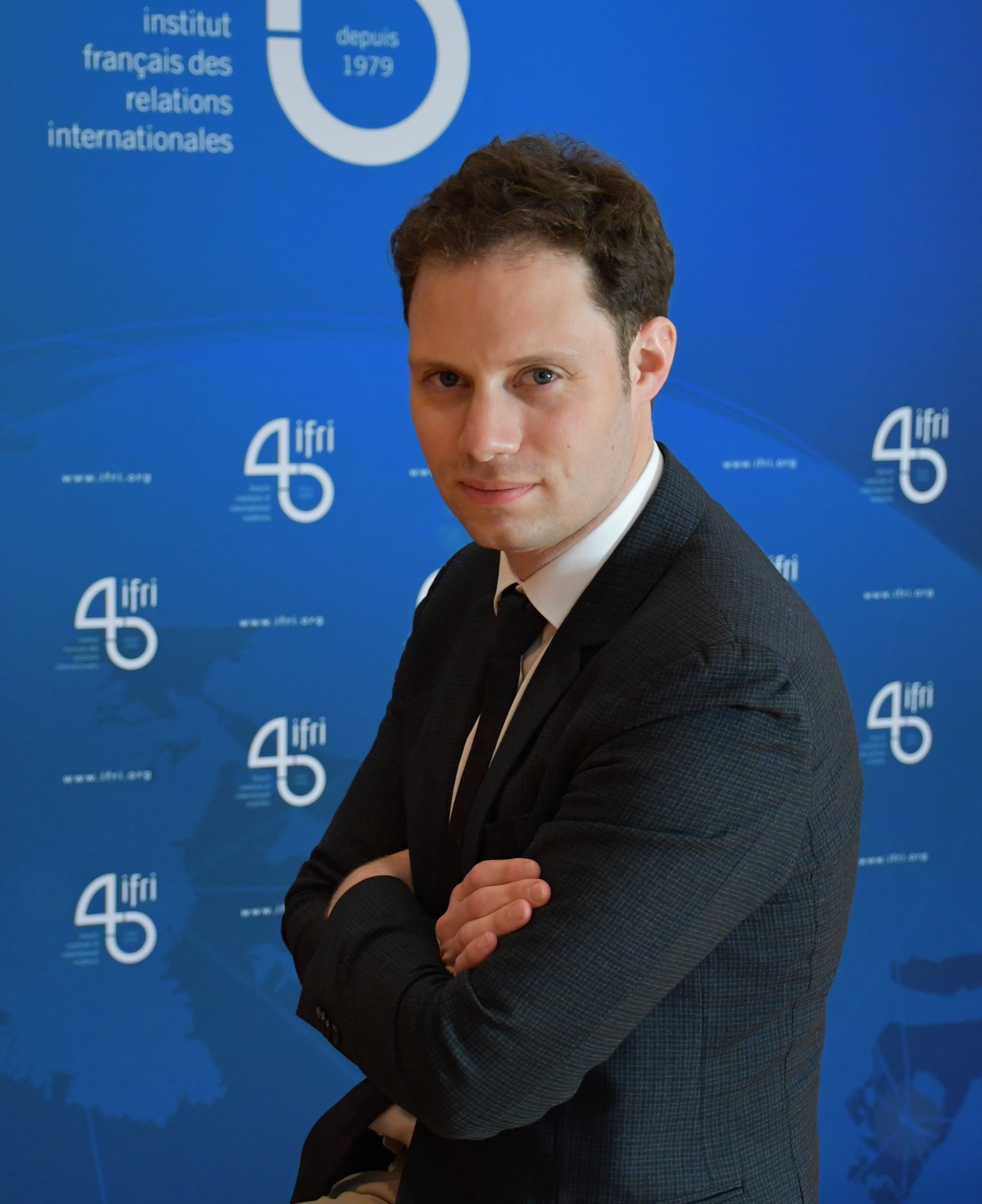
Director of Ifri’s Security Studies Center
Related research programs
Publications
See all our interventions
Flagship Publications
Titre Bloc Axe
Research areas
See all our interventions
Titre Axe de recherche
Wars and Conflicts
The geography and modalities of wars and armed conflicts evolve according to the international system. If irregular wars and asymmetric conflicts persist, high-intensity wars are increasing while crises take new forms under the effect of hybrid threats.
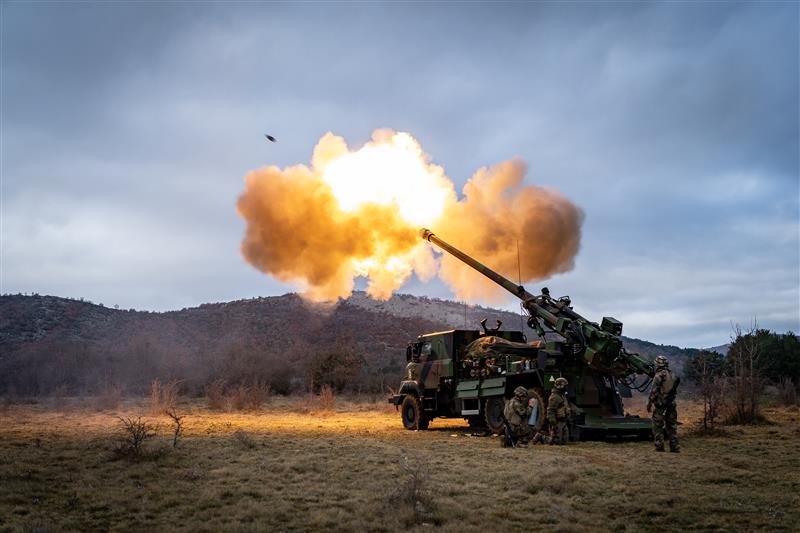
Titre Axe de recherche
International Security and Defense Policy
The analysis of international security issues involves studying the security and defense policies implemented by States in light of the dynamics of cooperation or competition. It must also integrate the role of international organizations and non-state actors.
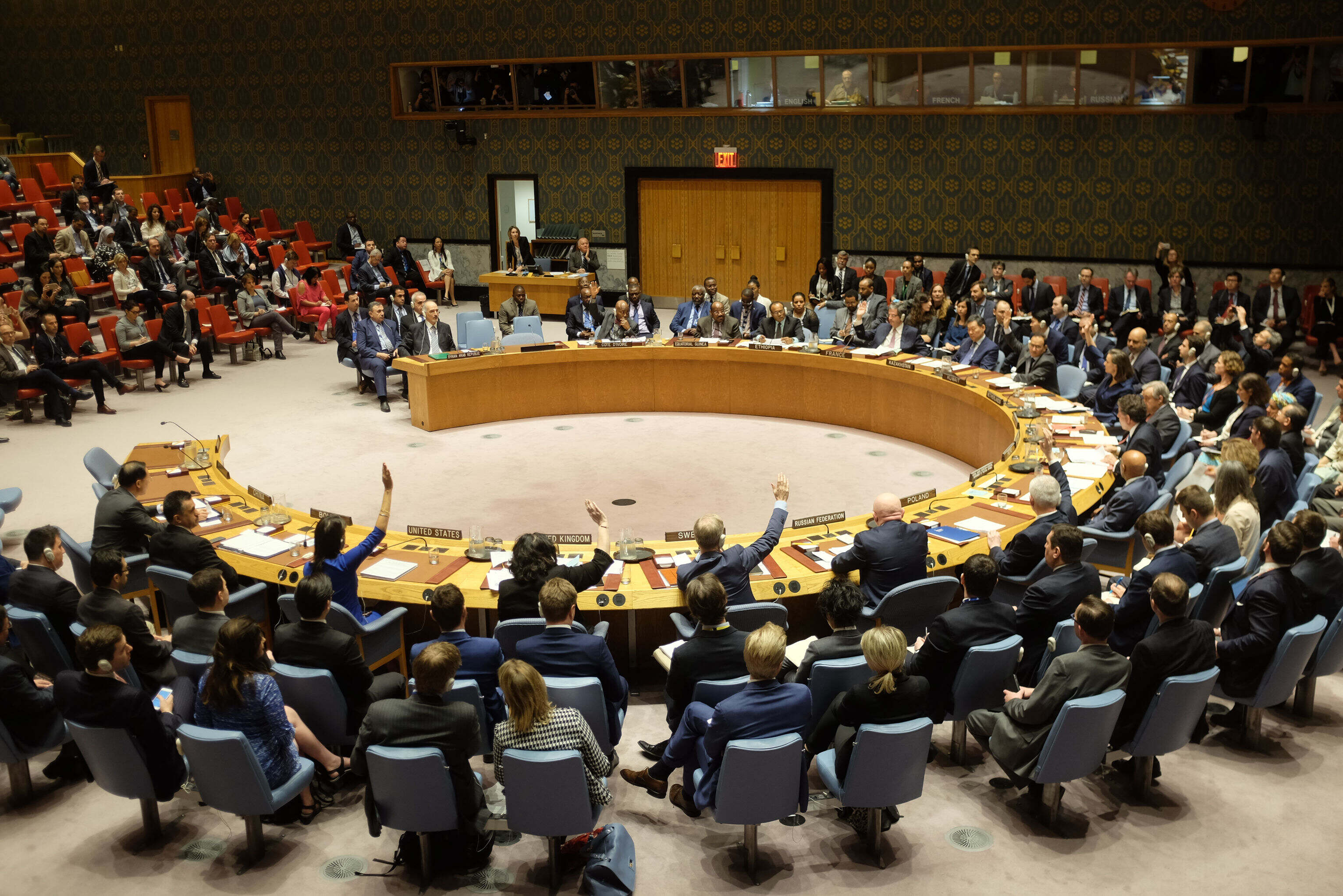
Titre Axe de recherche
Armament and Defense Technology
Contemporary armies are increasingly defined by their ability to innovate and integrate cutting-edge technologies such as cyberweapons, space systems, or even drones and artificial intelligence, which pose new operational and ethical challenges for combatants.
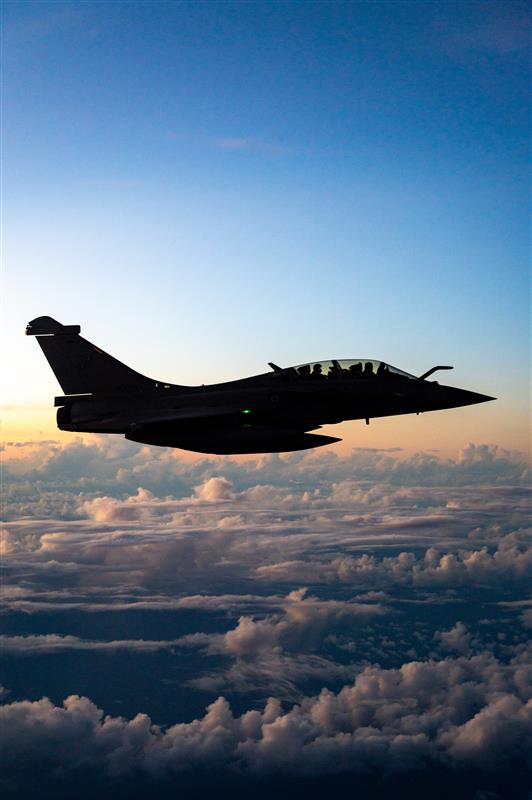
Titre Axe de recherche
Military Strategies and Armed Forces
As military competition increases, armies transform and adapt their strategies. Doctrine, organization, equipment and training are key axes for understanding the evolution of land, air and naval forces.
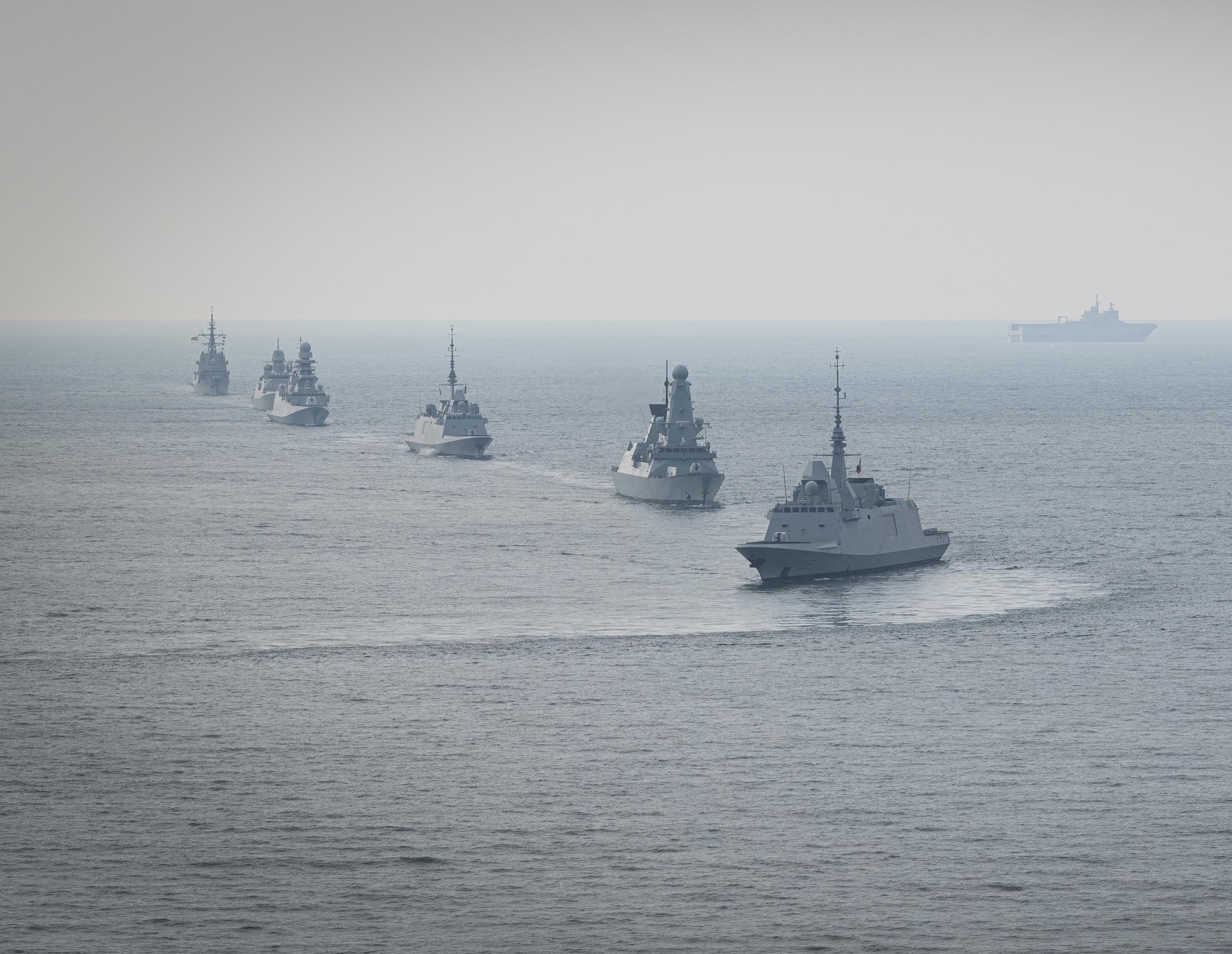
Publications
Ukraine: a Test for Russian Military Reforms
In the recent years Russia has made a significant effort in favor of modernizing its armed forces which allowed it to execute the swift annexation of Crimea in March 2014.
L’union ou la force ? Les défis des opérations multinationales contemporaines
Contemporary multinational military operations occur in a strategic context characterized by the domination of limited conflicts for Western states.

European Defense Revisited / The United Kingdom and the EU: in or out?
Conventionalizing Deterrence? U.S. Prompt Strike Programs and Their Limits
About a decade ago, the U.S. started to examine options to develop and acquire Conventional Prompt Global Strike capabilities. This move fits in an effort to conventionalize deterrence, an effort initiated decades before and undertaken for profound and diverse motives. Although it has been renewed under the Obama administration, which aims to reduce the U.S. reliance on nuclear weapons, this ambition has resulted in very little concrete progress.
Des armes à tout faire ? Modularité et polyvalence des équipements militaires
Versatility and modularity have been praised as design imperatives for military hardware, in order to reduce costs as well as to facilitate training and maintenance.
Les chars, un héritage intempestif ?
Regarded as a revolutionary weapon at the beginning of the 20th century, the tank is now suffering from a lack of legitimacy: in the last 20 years, most European states have drastically reduced their tank fleets, sometimes even entirely removing them from their arsenals.
Les chausse-trapes de la remontée en puissance : Défis et écueils du redressement militaire
A process of military resurgence shows a government’s will to strengthen its defense apparatus, either to face new strategic challenges or, more frequently, to reverse decline of its capabilities.
La réforme du secteur de sécurité, entre bureaucraties et stratégie
The concept of Security Sector Reform (SSR) was developed during the 1990s as a response to several problems chiefly faced by countries in post-conflict transitions: weak new governments; conflicting civil-military relations; ill-defined division of tasks between the armed forces, the police, and the judiciary system; and tension between the requirements to stabilize the country and to establish the rule of law.
Quelles perspectives pour l'industrie européenne des armements terrestres ?
Over the last decade, the European land armament industry developed into a thriving market driven by growing demand from the BRICS, a new wave of emerging countries and the wars in Iraq and Afghanistan.
The Amphibious Endeavour: Tactical Risk, Strategic Influence
Despite a centuries-long history, amphibious operations were rarely in the spotlight before the Second World War. Meteorological constraints and joint planning challenges both emphasize their risky and complex character. Lessons learned highlight indispensable operational requirements such as superior naval power, favourable strength ratio for disembarked forces and the advantage of surprise.
The Team

Our research fellows: Security Studies Center
Support independent French research
Ifri, a foundation recognized as being of public utility, relies largely on private donors – companies and individuals – to guarantee its sustainability and intellectual independence. Through their funding, donors help maintain the Institute's position among the world's leading think tanks. By benefiting from an internationally recognized network and expertise, donors refine their understanding of geopolitical risk and its consequences on global politics and the economy. In 2024, Ifri will support more than 70 French and foreign companies and organizations.













